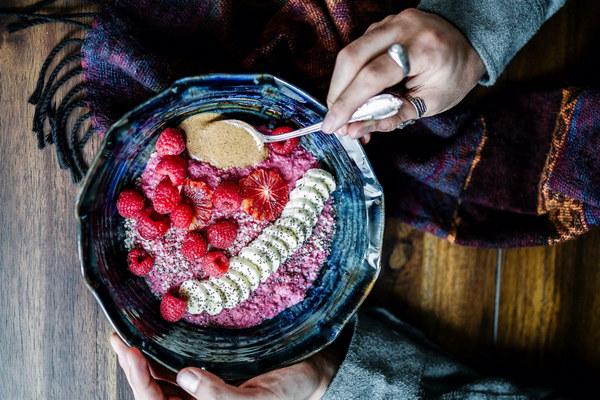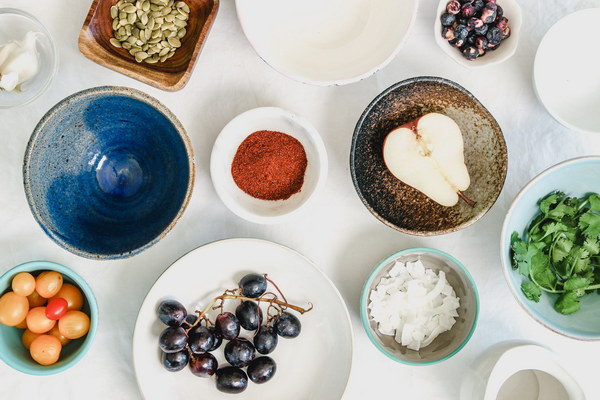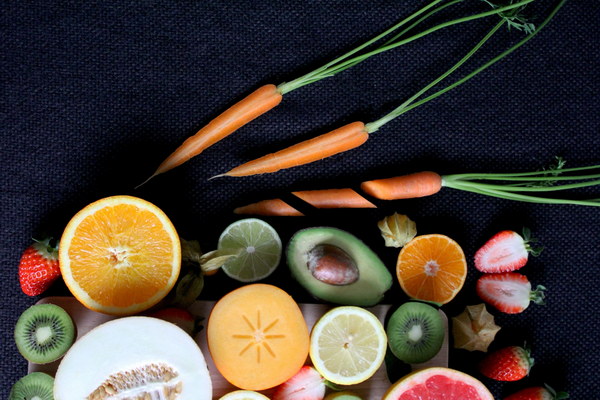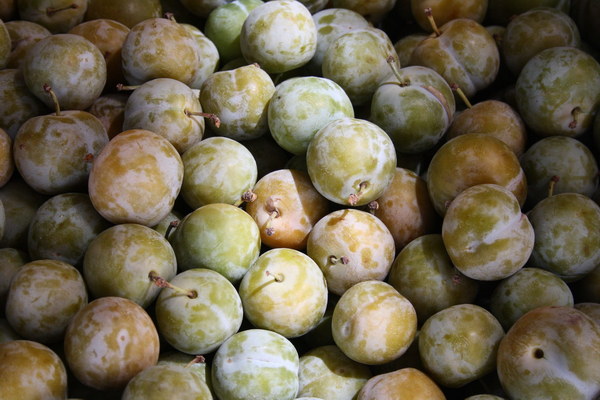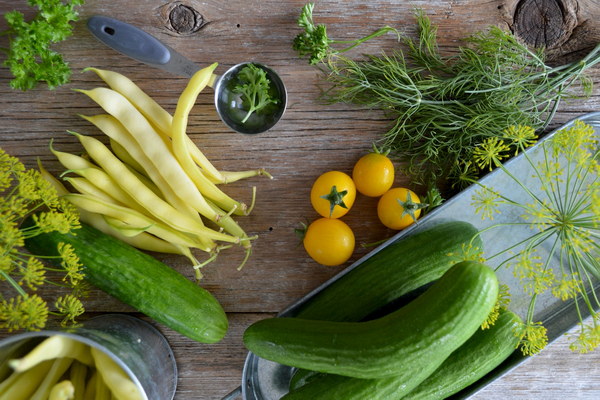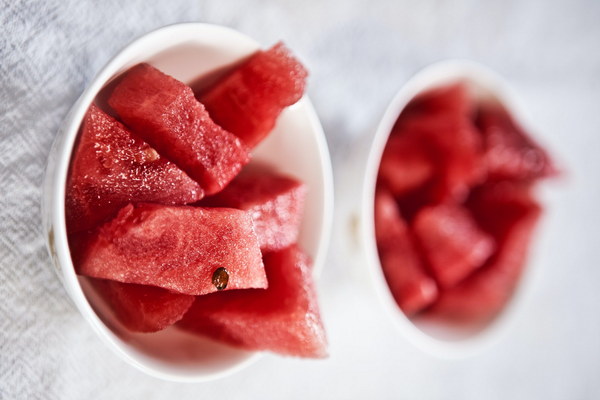Maximizing Summer Health Effective Strategies for Summer Nourishment
Summer, with its warm weather and abundant daylight, is a season that requires special attention to our diet and lifestyle to ensure optimal health. The heat can take a toll on our bodies, leading to dehydration, weakened immune systems, and a decrease in energy levels. To combat these challenges, it’s crucial to understand how to nourish yourself effectively during the summer months. Here’s a comprehensive guide to help you make the most of summer nourishment.
1. Stay Hydrated
Hydration is paramount during the summer, as the heat can cause us to sweat more, leading to an increased loss of water and essential minerals. To stay hydrated, drink plenty of water throughout the day. You can also consume hydrating foods like watermelon, cucumber, and strawberries, which have high water content.
2. Include Cooling Foods
Certain foods have a cooling effect on the body, which can help alleviate heat-related discomfort. Incorporate these foods into your diet:
- Melons: Watermelon, cantaloupe, and honeydew are excellent choices due to their high water content and cooling properties.
- Leafy Greens: Spinach, kale, and other leafy greens contain vitamins and minerals that help maintain hydration and regulate body temperature.
- Citrus Fruits: Oranges, lemons, and limes are rich in vitamin C and can help boost your immune system.
- Nuts and Seeds: Almonds, walnuts, and sunflower seeds are good sources of healthy fats and antioxidants, which can help protect your body from the summer heat.
3. Balance Your Diet
A balanced diet is essential to maintain your energy levels and support your body’s immune system. Include a variety of foods in your meals, such as:
- Whole Grains: Quinoa, brown rice, and oatmeal provide sustained energy and fiber.
- Lean Proteins: Chicken, fish, tofu, and legumes are great sources of protein that can help repair and build muscle.
- Fruits and Vegetables: Aim for a colorful array of fruits and vegetables to ensure you’re getting a wide range of vitamins, minerals, and antioxidants.
4. Avoid Heat-Inducing Foods
Certain foods can exacerbate the body’s heat and lead to discomfort. Avoid or limit the following:
- Spicy Foods: Spicy foods can increase body temperature and cause excessive sweating.
- Caffeinated Beverages: Caffeine is a diuretic that can dehydrate your body further.
- High-Protein Foods: Large amounts of protein can raise body temperature and increase the risk of heat exhaustion.
5. Optimize Your Lifestyle
In addition to your diet, adopting healthy habits can help you stay cool and energized during the summer:
- Wear Lightweight Clothing: Choose breathable fabrics like cotton or linen to stay cool.
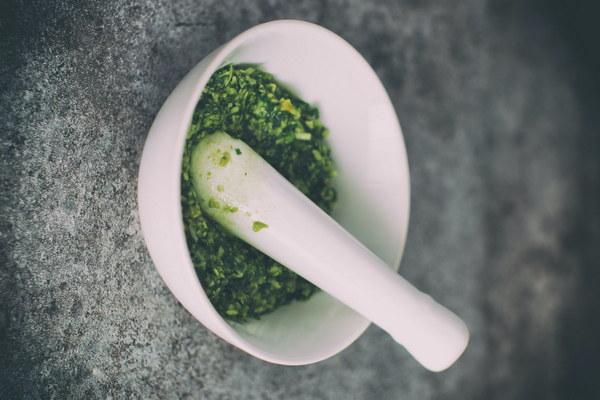
- Stay in the Shade: Seek shade or use sunscreen when outdoors to protect your skin from the sun’s harmful rays.
- Avoid Excessive Exercise: Exercise during cooler parts of the day, such as early morning or evening, to prevent overheating.
- Get Enough Sleep: A good night’s sleep can help your body recover and maintain its energy levels.
By following these strategies, you can ensure that your body is well-nourished and equipped to handle the challenges of summer. Remember, the key to summer nourishment is a balance of hydration, cooling foods, and healthy habits. With these tips, you can enjoy a summer season full of energy, vitality, and good health.
